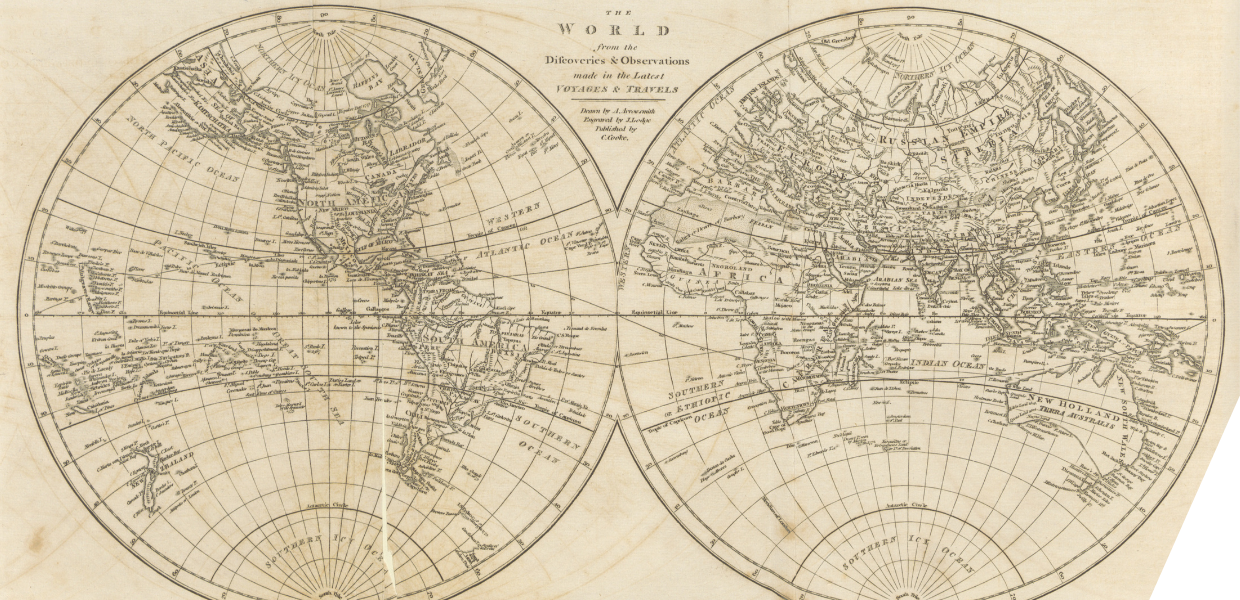Thank you for speaking to us today! Can you tell us about your institution?
The Faculty of History of the University of Warsaw is one of the leading humanist research centres in Poland. It aims to educate professionals who can explain the present by following the course of social, political, economic and cultural processes in societies throughout history.
Many prominent historians participate in the research and teaching activities of the Faculty of History. It conducts unique research on the ancient world, non-European civilizations, as well as on the auxiliary sciences of history. The results of this research, to a large extent, shape the image of Polish historical science.
What did your project focus on? And how was it developed?
Geographic data is important in many areas of cultural heritage, from the use of 3D models of excavation sites in archeology, to guided tours through cultural landscapes using the abilities of smartphones. With the support of the Europeana research grant, to connect researchers and professionals from the GLAM sector we created a workshop on 'Cultural Heritage Geodata Citizen Science: Polish Perspectives', which was held at the University of Warsaw in March 2022.
The workshop explored current questions around crowdsourcing cultural heritage geodata, especially Polish perspectives on providing geographical data. It looked at crowdsourcing for cultural heritage, data infrastructure guidelines and best practices, institutional perspectives and the way forward for cultural heritage geodata in Poland. The workshop also encouraged an exchange of experiences, networking, and highlighted the importance of coordination among cultural heritage institutions.
What was the outcome?
From the workshop, we issued the Warsaw Statement on Cultural Heritage Geodata, which provides an overview of the themes addressed on that occasion, as well as additional information and resources.
What have you learned from this experience about crowdsourcing for cultural heritage?
Cultural heritage is a large and diverse field. The challenge is that the issues are complex. During the workshop, when we discussed crowdsourcing, we were reminded how important individual situations and contexts are. Not just the individual people, but the relationships among people participating in a project.
How can crowdsourcing initiatives be designed to meet the needs of researchers?
Involving researchers early and often is critically important in crowdsourcing initiatives. Institutional, cultural and political aspects are very significant and require considerable attention throughout the design and implementation.
What are your plans for the future of the project?
We now refer professionals working in Polish cultural heritage institutions to the Warsaw Statement on Cultural Heritage Geodata (with Polish translation) and the recap video of the workshop. We will also share the document with international colleagues. We see the Warsaw Statement as a reference for the development of our future cooperations with cultural heritage institutions in Poland and around Europe.



